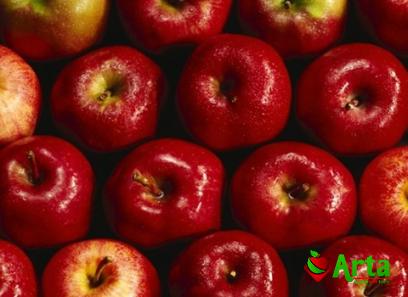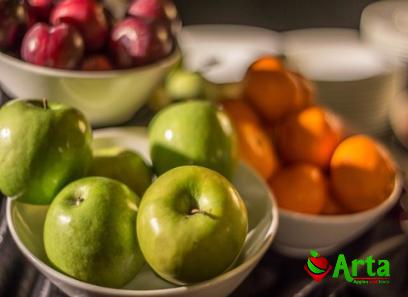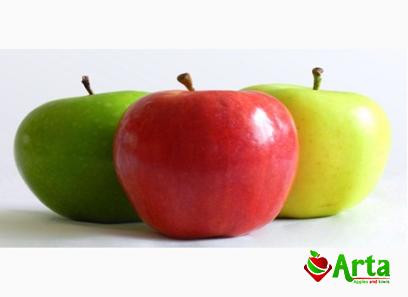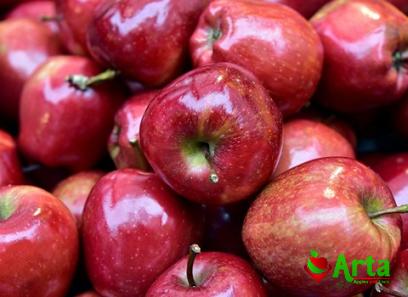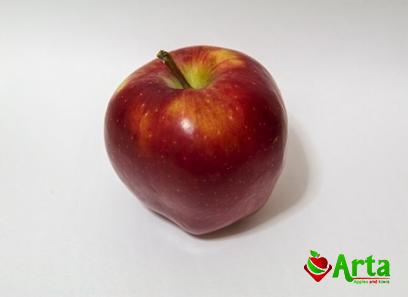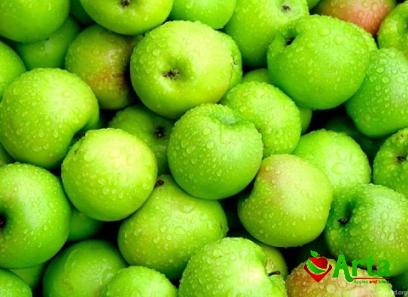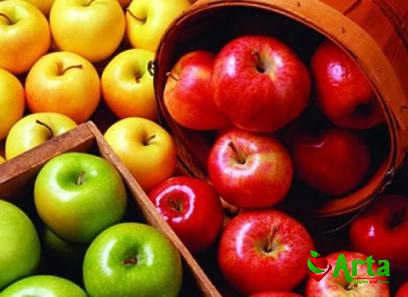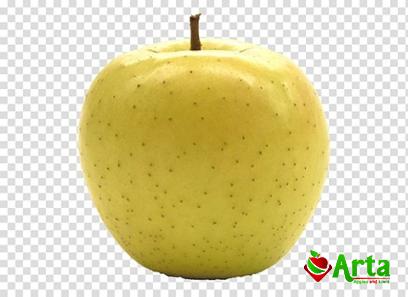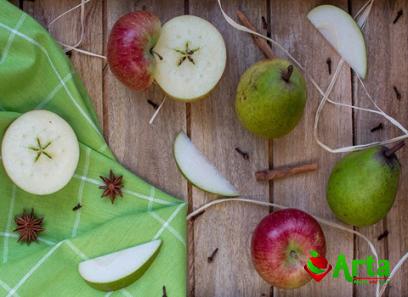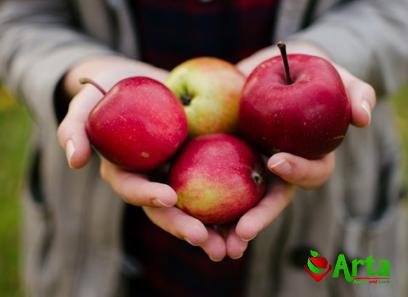Apple Sugar Content ( Lowest & Highest Apples Ranked )
Apples of the Red Delicious, Gala, Golden Delicious, Granny Smith, and Fuji varieties are among the most common types of apples grown and harvested in the United States that are different in their sugar content
Although some flavors may taste sweeter than others, on average, each serving contains the same amount of sugar across all of the varieties
The amount of sugar found in one cup of sliced Granny Smith apples is 10
You can sit on the comfortable sofa bed and eat the apple
45 grams, which is the least amount found in apples of other popular varieties
The Golden Delicious apple has the second highest level of sugar content per cup
Followed by the Gala apple, the Red Delicious apple, and finally the Fuji and Gala apple, which has the highest level of sugar content at 12
73 grams
The amount of sugar in an apple that has been sliced into pieces versus an apple that has been eaten in its entirety is different
One cup of apple slices, on the other hand, weighs about 109 grams on average, whereas a whole apple can weigh anywhere from 129 to 260 grams, depending on the variety and size of the apple
Fruits in their whole form contain beneficial fiber and nutrients
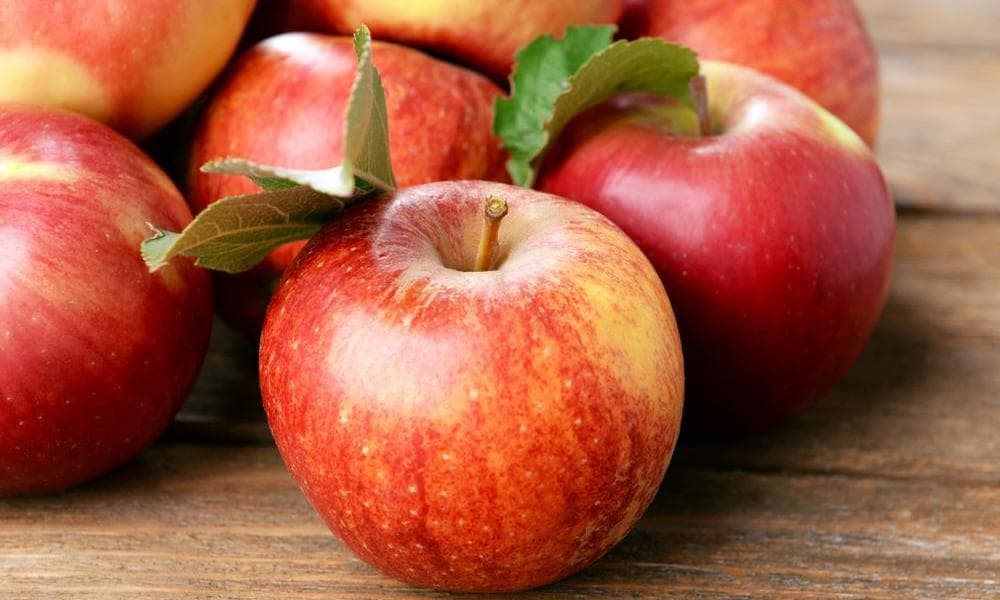
However, a significant amount of sugar is contained in them
However, wouldn’t it be possible to breed fruits that had less sugar but still maintained all of the other nutritionally valuable elements?
The answer to that question is unquestionable yes
And it’s possible that doing so will be simpler than you initially anticipated
Title
Description
The Sweetest
Fuji Apple
Sugar content
10
5 -12
73 gr
Green Apple Types
Royal Gala and Granny Smith
Medical Properties
Reducing Cardiovascular Disease
If you’re looking for fruit varieties or Rose petals bed with lower sugar content, an excellent place to start looking is at heirlooms and other older types
Breeding fruit with increased sugar content and increased sweetness have been a focus of human activity for hundreds of years
Artificial selection forces are likely to favor sweeter and consequently more sugary fruits, even if declaring that a certain variety is sweeter would-be good marketing
The market would soon supply low-sugar fruit from a combination of heirloom varieties and newly bred low-sugar cultivars if a large subset of consumers desired it
As things currently stand, there is not enough of a demand for low-sugar fruit for that type of fruit to be marketed
However, even within the same species of fruit, different kinds might have very variable amounts of sugar
No matter how you cut it, a Granny Smith apple has a sugar content that is far lower than that of a Fuji or Zestar apple fruit juice
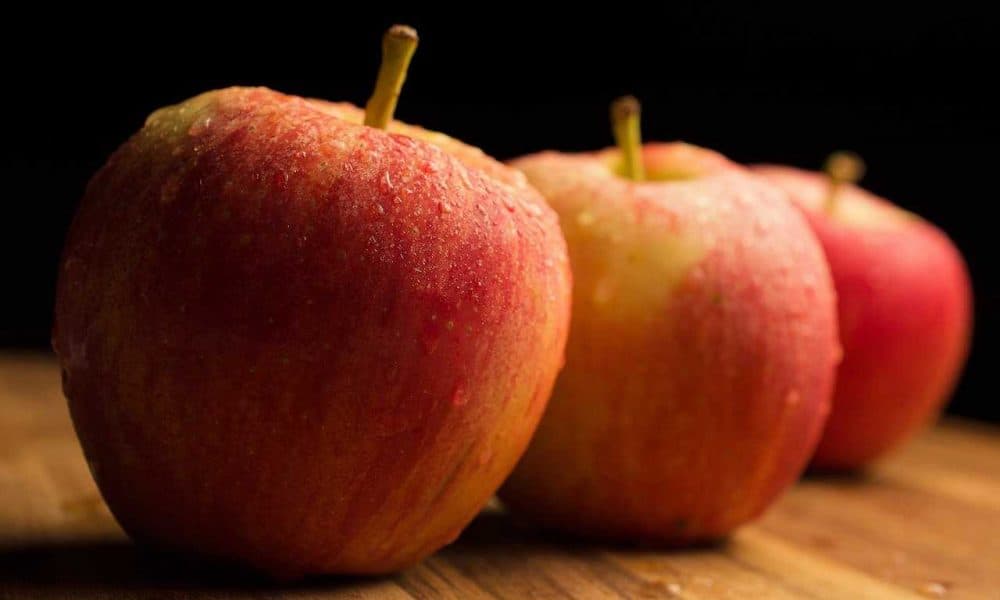
Apples Sugar Content
If you eat one apple every day, that’s the equivalent of having two portions of fruit
Green apples, such as granny smith and royal gala, have only 9 grams of sugar content, while red apples, such as honey crisp and royal gala, can have up to 19 grams
The reputation that fruits have earned in our society right now is highly favorable
However, the reality is a great deal more complicated than that
Apple fruit juice or golden peach puree provides a lot less of the good and all of the bad that sugar has to offer
Even among whole fruits, there are some varieties that are significantly more nutritious than others
Just because fruit contains sugar does not make the sugar in the fruit any less harmful
Given the quantity of sugar present in a specific type of fruit, the question becomes whether or not the benefits of the fruit’s other nutrients can balance out the drawbacks of the sugar’s presence
The amount of sugar present is also a major factor in this regard
American diets are still heavily reliant on sugar, despite growing evidence that it is harmful
More than half of Americans, according to the USDA, are overindulging
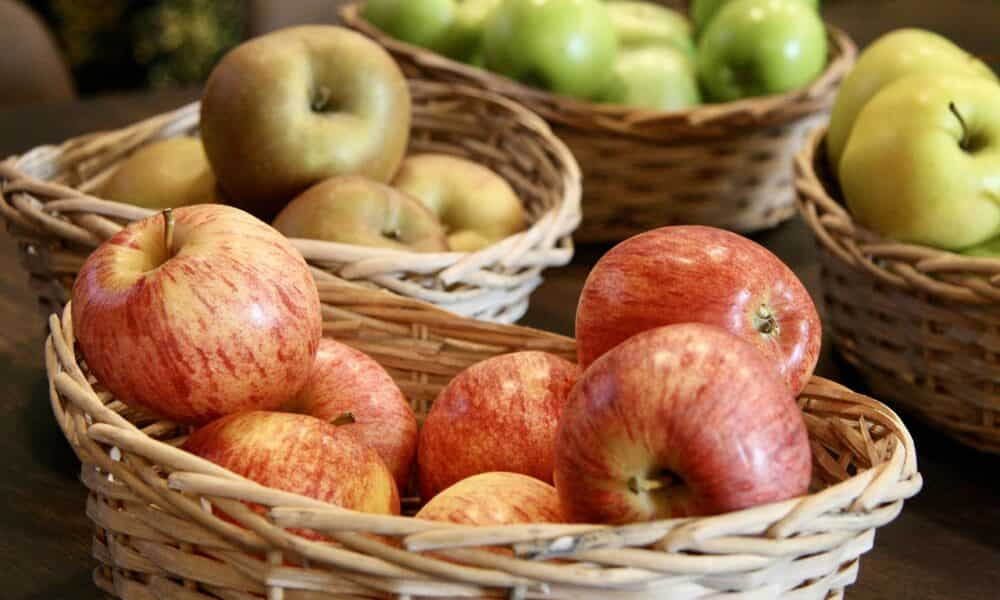
However, not all sugars are created equal, even though it is obvious that sugar can have a negative impact on health
Chronic disease risk can be reduced by limiting the consumption of added sugar, such as those found in sweeteners like table sugar and high fructose corn syrup (HFCS)
As far as sugar content goes, a piece of whole fruit and a candy bar is comparable: Compared to a Snickers bar, a medium-sized apple only has about 19 grams of sugar in it
Nutritionists, on the other hand, say that these two foods have vastly different effects on the body’s metabolism
A person’s risk of heart disease, for example, rises as their intake of added sugar increases
More than twice as many people who consumed 25 percent or more of their daily calories as added sugar died from heart disease
As those whose diets contained less than 10 percent added sugar, according to a study that tracked participants
Added sugar intake and heart disease risk over a 15-year period A high-fruit diet, on the other hand, has been shown to reduce cardiovascular disease risk
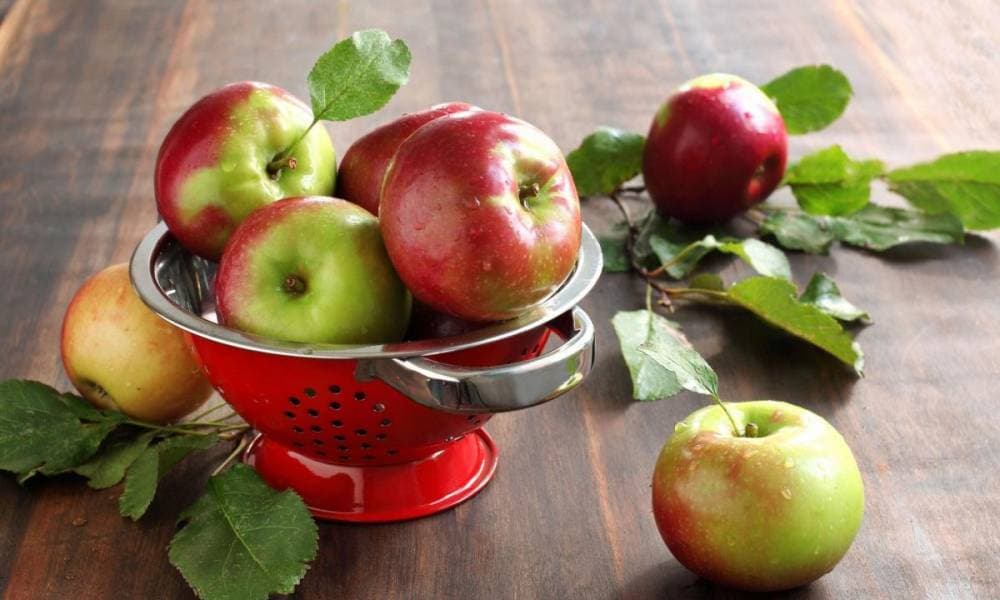
An excessive intake of sugary foods can quickly lead to a nutritional imbalance, according to American University’s Anastasia Snelling, Ph
D
, chair of the department’s health studies
Fructose is the name of the natural sugar that is found in fruit
The fructose that naturally occurs in fruit is absorbed considerably more slowly than added sugar, such as sucrose (table sugar)
Sugar that is processed very quickly can cause a jump in blood glucose levels
Which can be dangerous for those who have diabetes or for anybody else who is sensitive to fluctuations in their blood sugar levels
Table sugar may be more hazardous to your health than, for example, a bowl of fresh strawberries; however, highly processed sugars, such as high fructose corn syrup
which is a common sweetener found in processed foods and beverages such as candy, juice, and soft drinks, is even more of a cause for concern
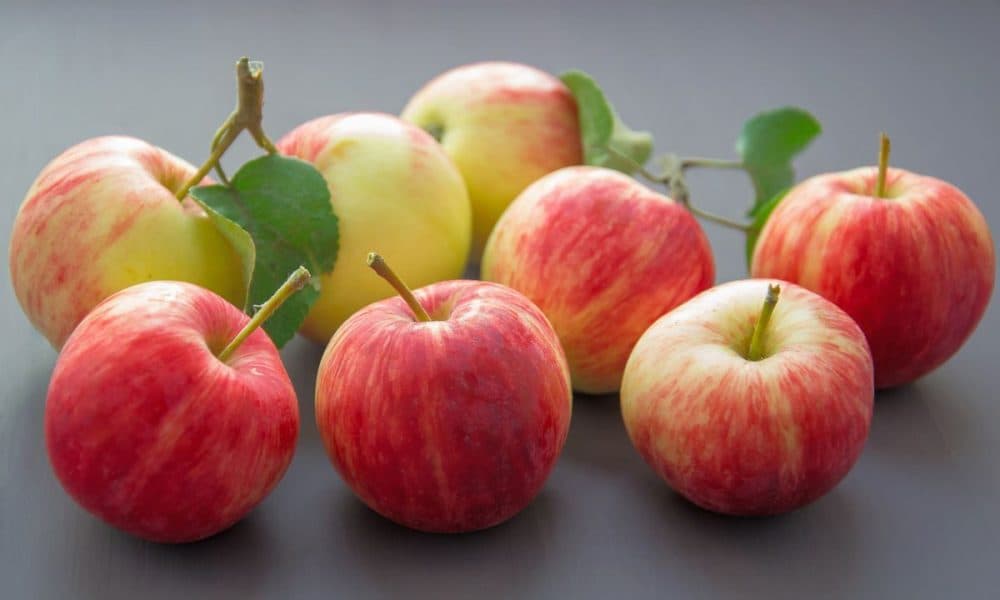
According to the Food and Drug Administration (FDA), high fructose corn syrup is derived from corn starch, which is a chain of molecules of simple sugar linked together
When corn starch is broken down into individual sugar molecules, a product known as high fructose corn syrup is produced
According to Snelling, the body metabolizes high fructose corn syrup differently than it does other types of sugar, which is why it can cause even greater spikes in blood glucose levels
This is especially true in individuals who are more sensitive to swings in blood sugar, such as young children or people who have diabetes
Weston believes that fiber is the single most significant component when it comes to the problem of sugar
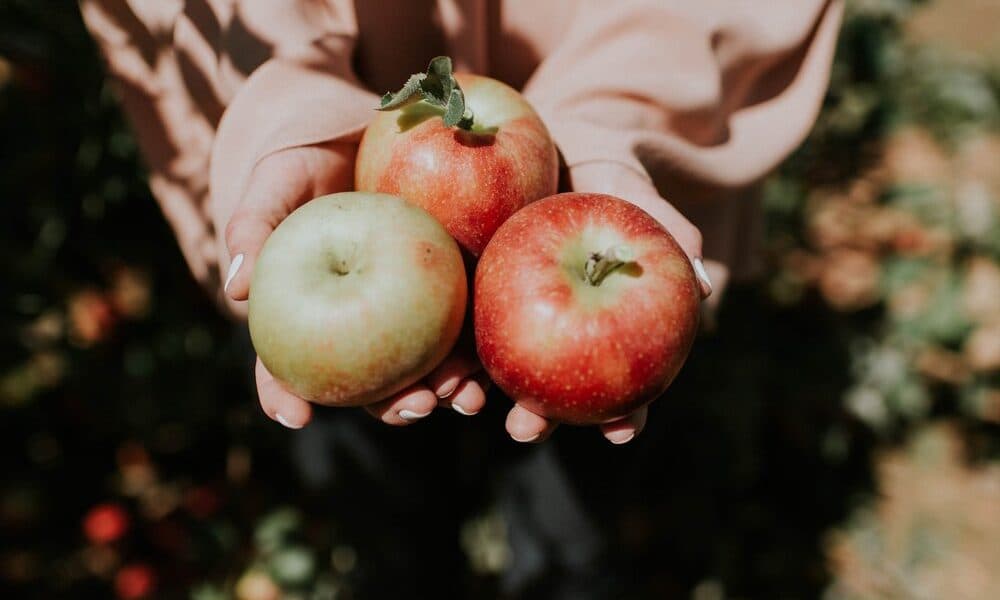
Due to the fact that fiber, which is typically located in the peel of fruits, significantly slows down the digestion of sugar
eating a pippin apple is not likely to cause the same surge in blood sugar as quickly digesting a candy bar or a can of sugary drink
Because neither apple juice or red tomato juice nor applesauce has fiber, taking either of these alternatives will not provide the same health advantages as eating an entire apple
This is true even if the alternative is sugar-free
The Answer to Two Questions About Apples
1: Is it fine to eat apples every day?
Eating an apple every day is not likely to affect your health negatively
2: Is eating apples good for the brain?
Several studies have shown that it is good for brain health

